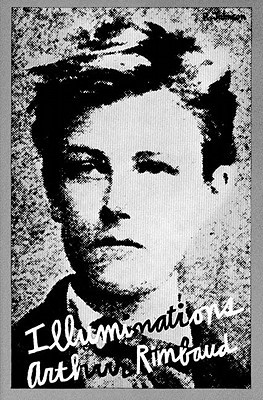03/11/16
 This is a bilingual Ladino-Castellano poetry collection written by acclaimed Argentine poet Juan dibaxu, a Sephardic term that means “under”. The title already conveys the complex universe the reader may find under the veil of a seeming simplicity; a deluge of obstreperous feelings said in an undertone. The past, love, confusion, countless sensations, strong desires, empty spaces, a search for a homeland – roots with which I fail to identify, once more.
This is a bilingual Ladino-Castellano poetry collection written by acclaimed Argentine poet Juan dibaxu, a Sephardic term that means “under”. The title already conveys the complex universe the reader may find under the veil of a seeming simplicity; a deluge of obstreperous feelings said in an undertone. The past, love, confusion, countless sensations, strong desires, empty spaces, a search for a homeland – roots with which I fail to identify, once more.
In this book, Gelman's poems first appear in Ladino and then in Spanish; I'll follow the same order, including the English translation afterwards.
XVtu boz sta escuradi bezus qui a mí no dieras/di bezus qui a mí no das/la nochi es polvu dest'ixiliu/*tu voz está oscurade besos que no me diste/de besos que no me das/la noche es polvo de este exilio/*your voice is darkof kisses that you did not give to me/of kisses that you do not give to me/night is dust from this exile/
The act of revealing real emotions – an act often fraught with ineffable difficulty – never looked so simple. Gelman masterfully expresses in a few words, everything that sometimes requires numerous pages and that tangible concept of fleeting nature we call time; everything that emerges from the depths of love, regret,
shame.
XXIVamarti es istu:un avla qui va a dizer/un arvulicu sin folyasqui da solombra/*amarte es esto:una palabra que está por decir/un arbolito sin hojasque da sombra/*loving you is this:a word that is about to speak/a small tree without leavesthat provides shade/
Through unique and recurring imagery and a naturally distinctive cadence, he places the reader inside his mind; our mind, that inhospitable region where dreams and yearnings continue to accumulate in secrecy, longing for emotional impetus. Concise lines that belong to a bigger picture, a fragmented reality; lines that are accompanied by the use of somewhat distracting slashes, part of the author's individual style.
Xdizis avlas cun árvulistenin folyas qui cantany páxarusqui adjuntan sol/tu silenziudispartalus gritusdil mundu/*dices palabras con árboles/tienen hojas que cantany pájarosque juntan sol/tu silenciodespiertalos gritosdel mundo/*you say words with trees/they have leaves that singand birdsthat gather sun/your silenceawakesthe criesof the world/
Gelman's poetry reveals itself without any affectation; some things are open to interpretation but amid so much comforting frankness, they are so, so clear. He voices his thoughts with simple yet evocative metaphors and a pithy language which defies any traditional rule.
His thoughts, thus, are diaphanous as fire.
XXIX…pondrí mi spantu londji/dibaxu dil pasadu/qui ardecayadu com'il sol/*…pondré mi espanto lejos/debajo del pasado/que ardecallado como el sol/*…i will set my fear afar/underneath the past/that burnssilent as the sun/
*
Photo credit: Book cover via Goodreads.

